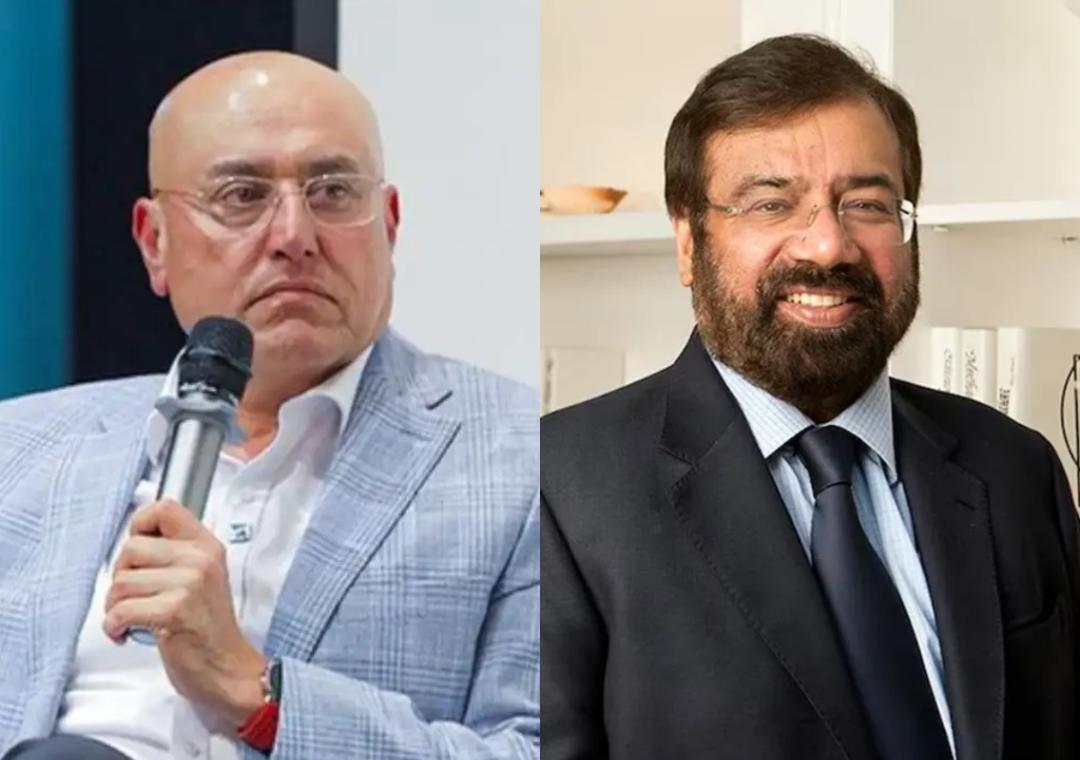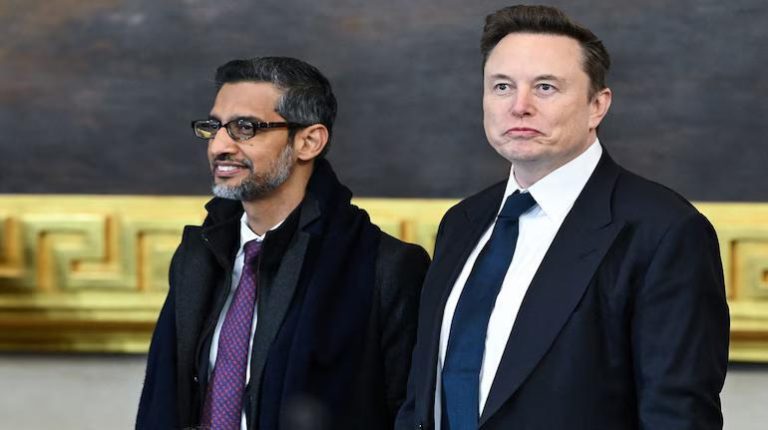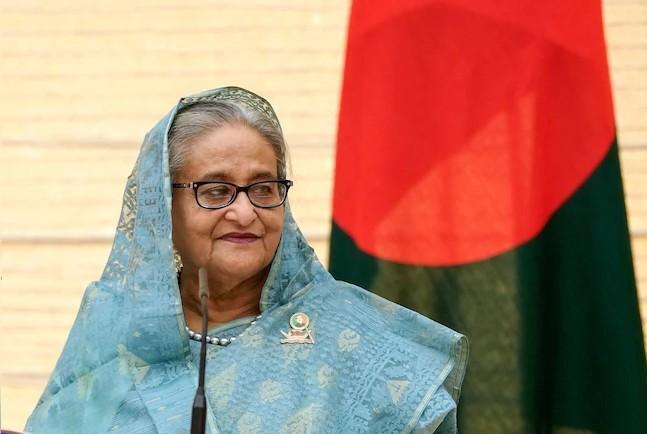
Hotmail Co-founder says ‘truth=anti-India’, Goenka replies ‘Living in US & lecturing us?’
In a recent tweet, Hotmail co-founder Sabeer Bhatia sparked a heated debate by making a startling claim about the Indian political climate. According to Bhatia, those who speak the truth in India are often labelled as “anti-national”. In a tweet, he said, “Those who speak the truth in India are termed ‘anti-national’. Then who’s a national? The one who lies to you?”
However, his statement did not go unchallenged. Billionaire Harsh Goenka, who is known for his sharp wit and unapologetic views, replied to Bhatia’s tweet with a scathing rebuke. Goenka, who is the chairman of the RPG Group, said, “Living in California and lecturing a billion Indians back home?…India doesn’t need sermons from those who packed up and left.”
Goenka’s response was met with widespread approval on social media, with many Indians expressing their frustration with the tendency of foreign Indians to comment on the country’s internal affairs without fully understanding the complexities of the situation. Bhatia’s tweet, in particular, was seen as an attempt to generalize the Indian political scenario without considering the nuances of the issue.
For many Indians, Bhatia’s claim that speaking the truth is equivalent to being anti-national is an oversimplification of the complex relationship between the government and its citizens. In India, the term “anti-national” is often used to discredit individuals who criticize the government or question its policies. However, this does not necessarily mean that all such individuals are speaking the truth. In a country with a diverse population and a complex political landscape, it is essential to engage in nuanced discussions and debates rather than resorting to blanket statements.
Goenka’s rejoinder to Bhatia’s tweet highlighted the irony of a foreign Indian, who has chosen to live abroad, lecturing Indians on what it means to be national or anti-national. Goenka’s point is that individuals like Bhatia, who have chosen to leave India and live in a foreign country, are in no position to dictate what constitutes patriotism or anti-patriotism.
This exchange between Bhatia and Goenka has sparked a wider debate about the role of foreign Indians in commenting on Indian politics. While some argue that foreign Indians have a right to express their opinions on the country’s internal affairs, others believe that they should respect the country’s sovereignty and not interfere in its internal politics.
In recent years, there has been a growing trend of foreign Indians, particularly those who have made their fortunes abroad, commenting on Indian politics. While some of these individuals, like Subramanian Swamy and Arun Shourie, have a deep understanding of Indian politics and have made significant contributions to the country’s development, others have been criticized for their lack of understanding of the country’s complexities.
The debate sparked by Bhatia’s tweet highlights the need for a nuanced discussion about the role of foreign Indians in Indian politics. While it is essential to respect the right of individuals to express their opinions, it is also important to recognize the limitations of their knowledge and experience. Those who have chosen to leave India and live abroad may have a different perspective on the country’s politics, but they should not assume that they have a monopoly on patriotism or anti-patriotism.
In conclusion, the exchange between Bhatia and Goenka has sparked a wider debate about the role of foreign Indians in commenting on Indian politics. While Bhatia’s claim that speaking the truth is equivalent to being anti-national oversimplifies the complex relationship between the government and its citizens, Goenka’s response highlights the irony of foreign Indians lecturing Indians on what it means to be national or anti-national. As the debate continues, it is essential to engage in nuanced discussions and debates rather than resorting to blanket statements.






